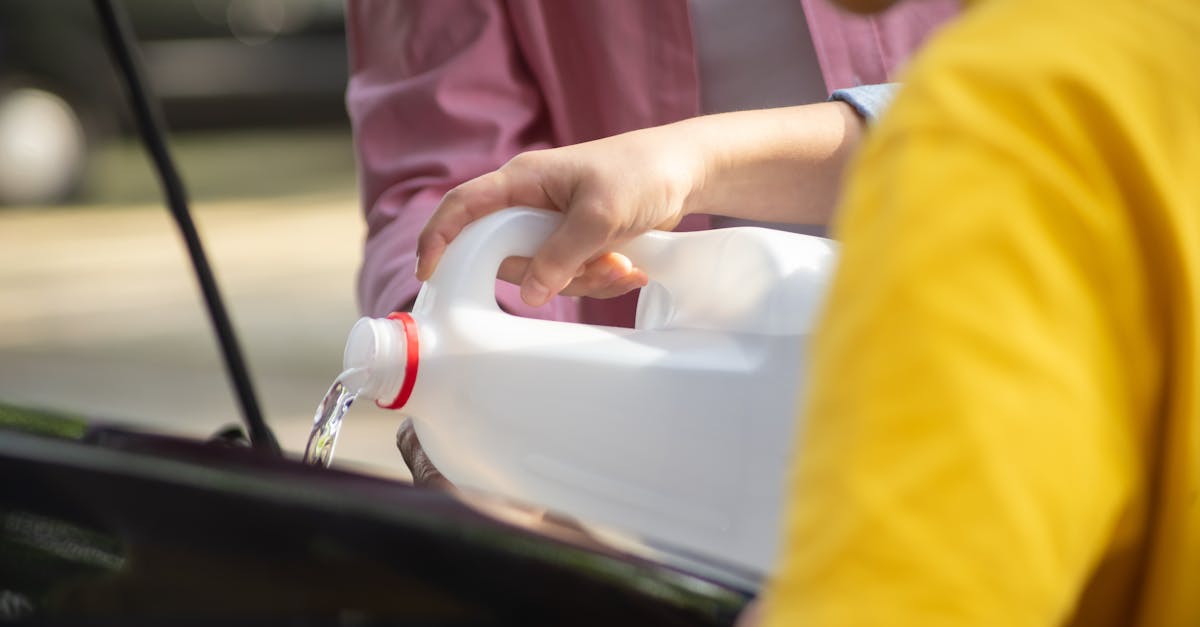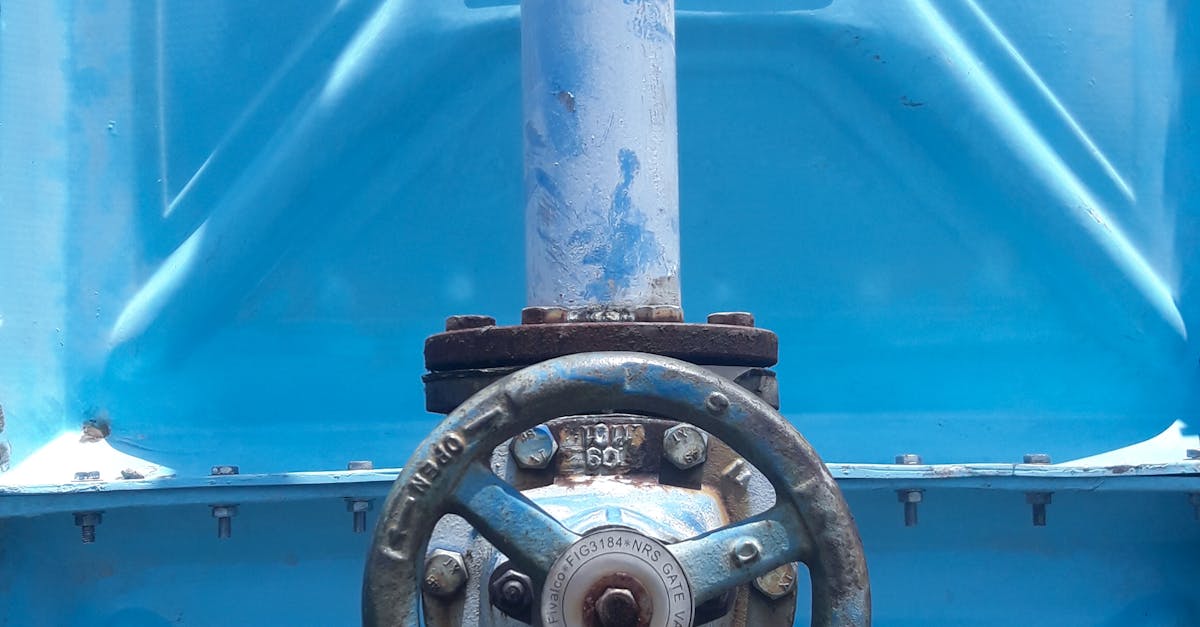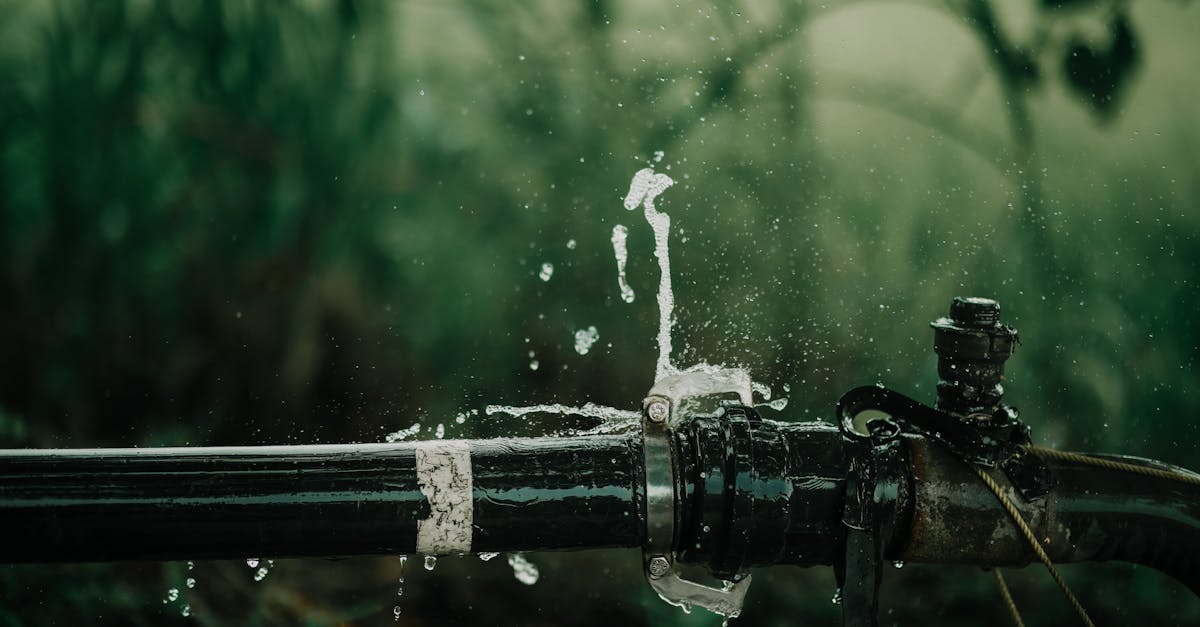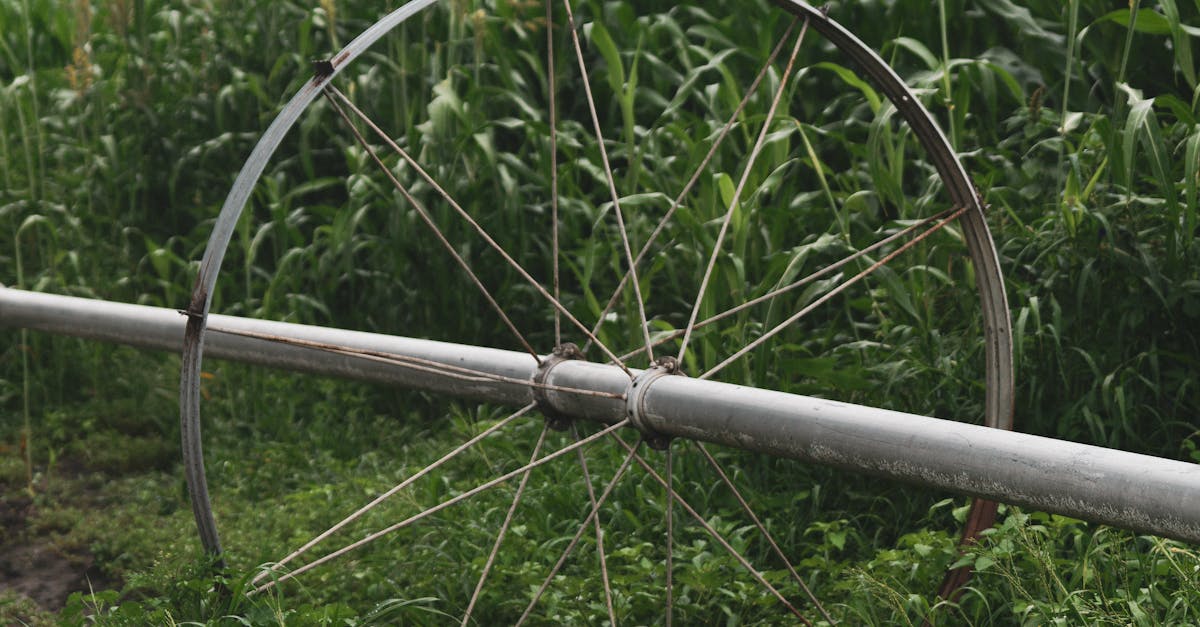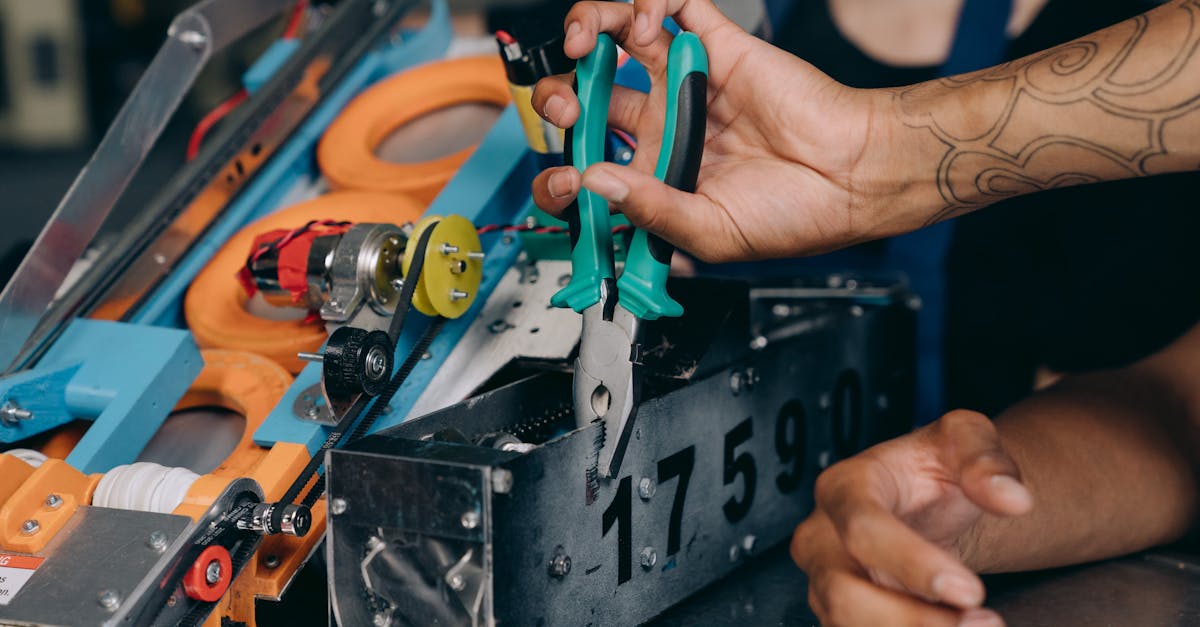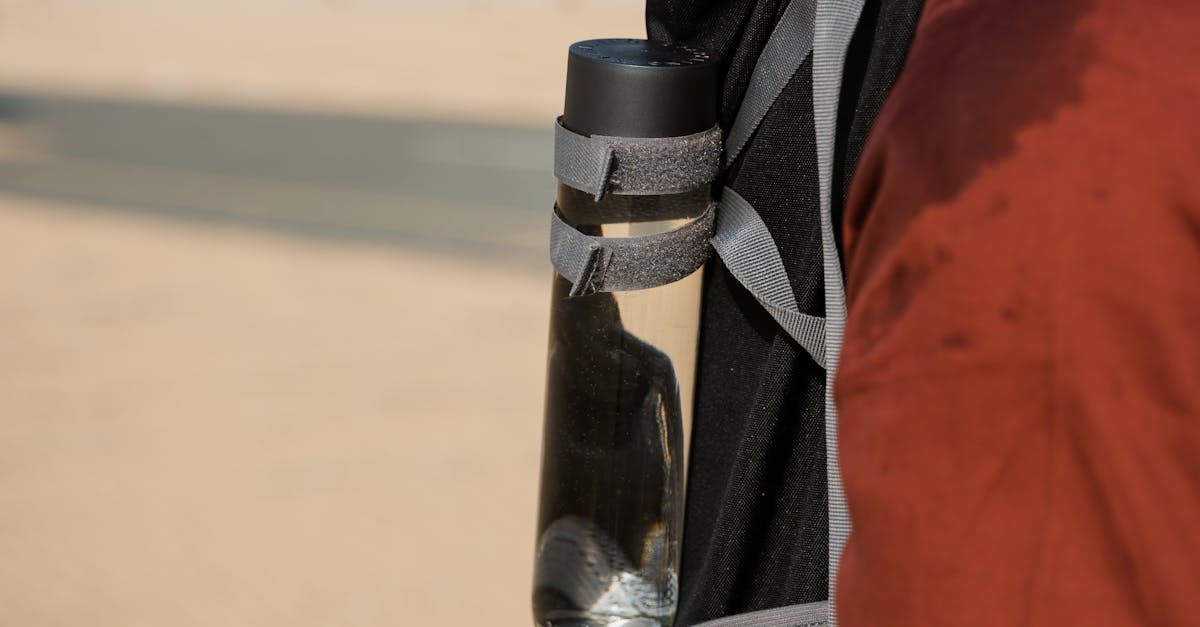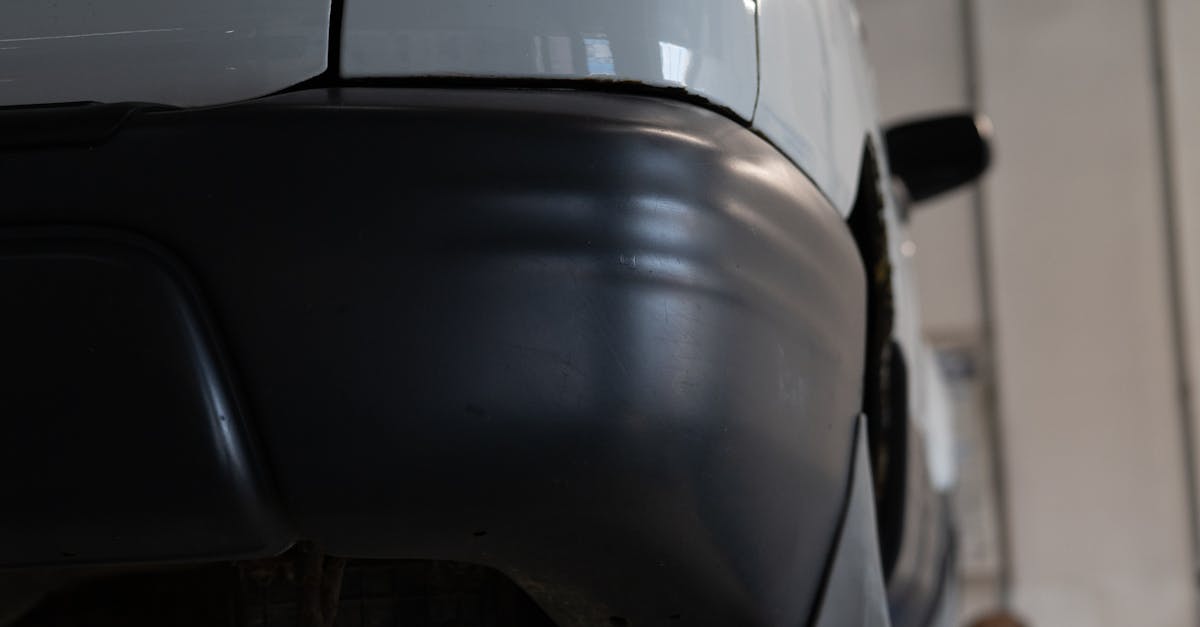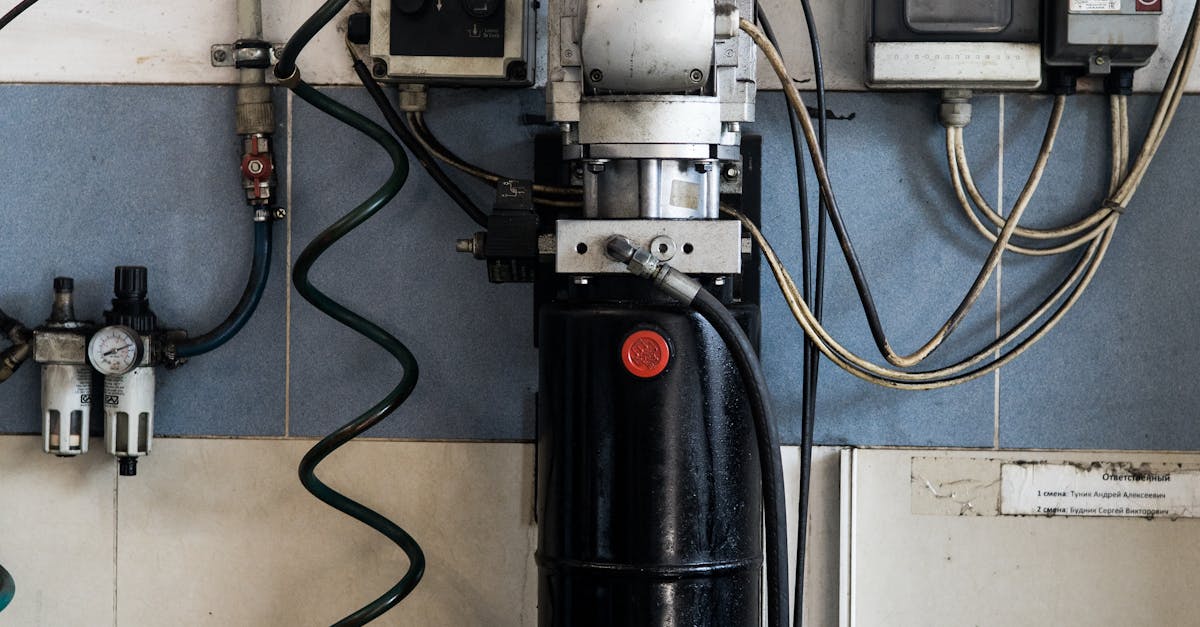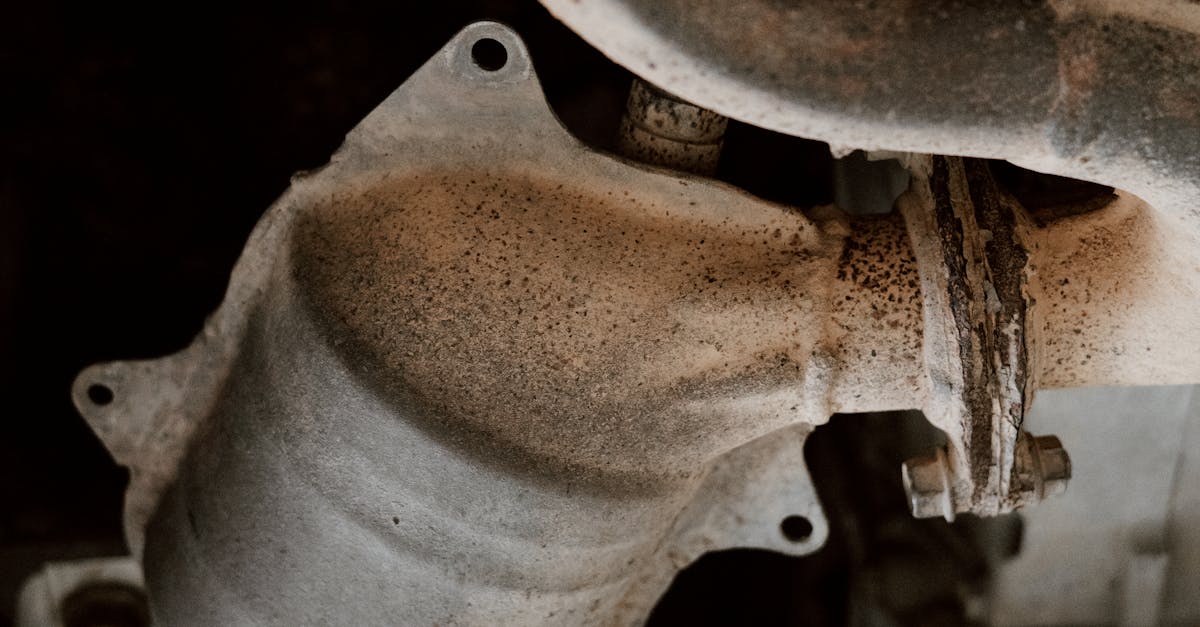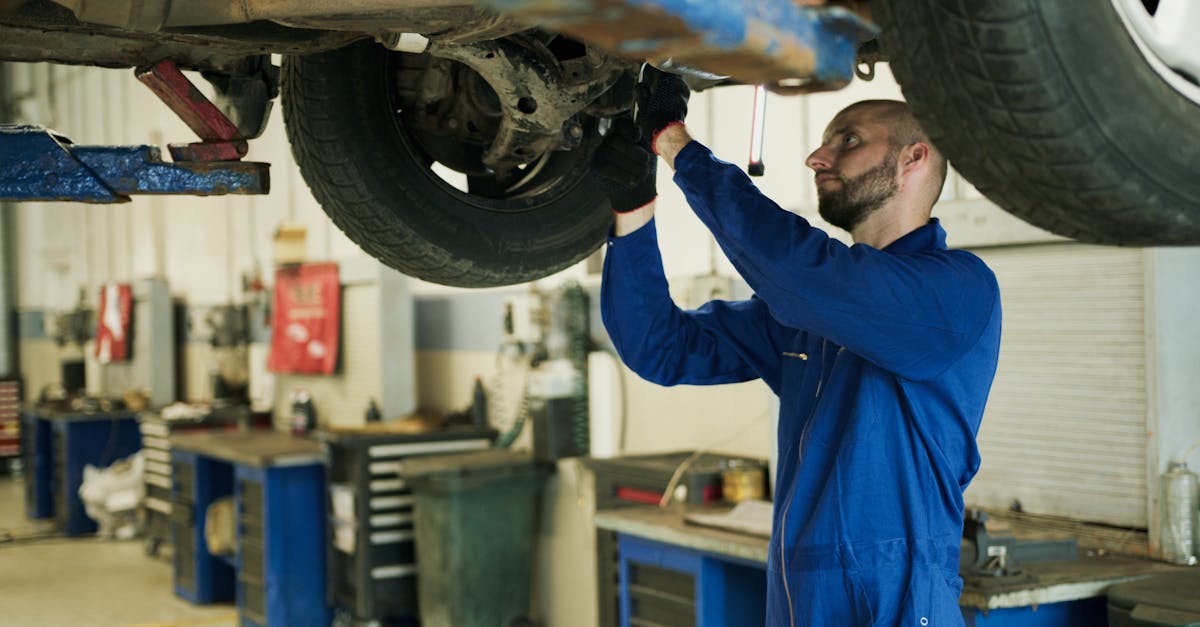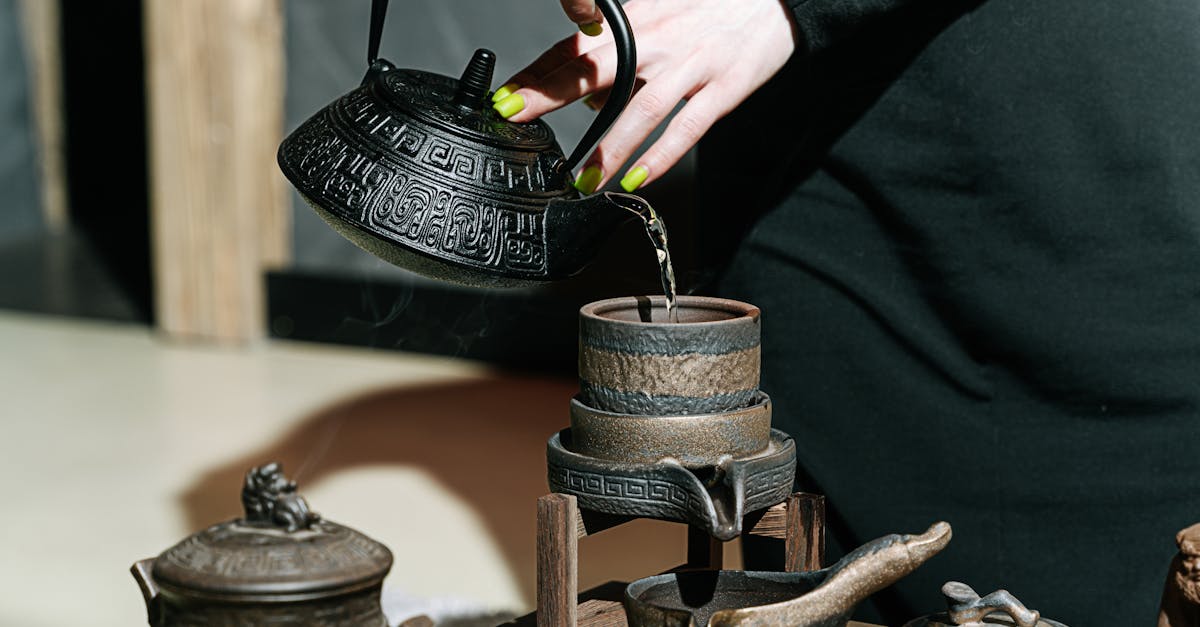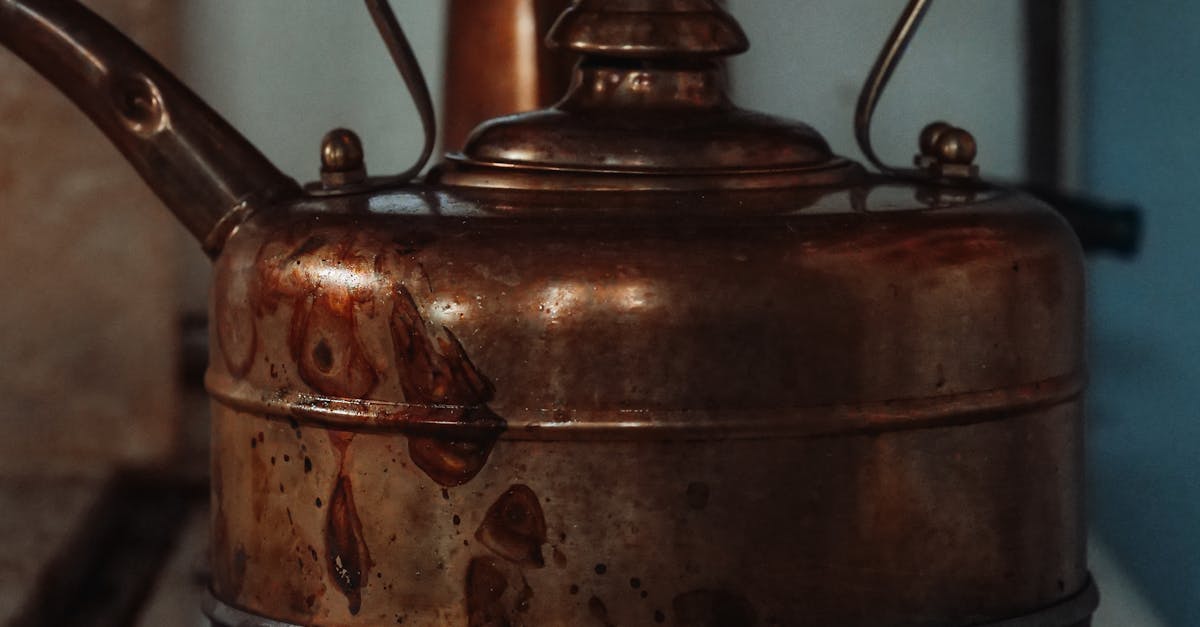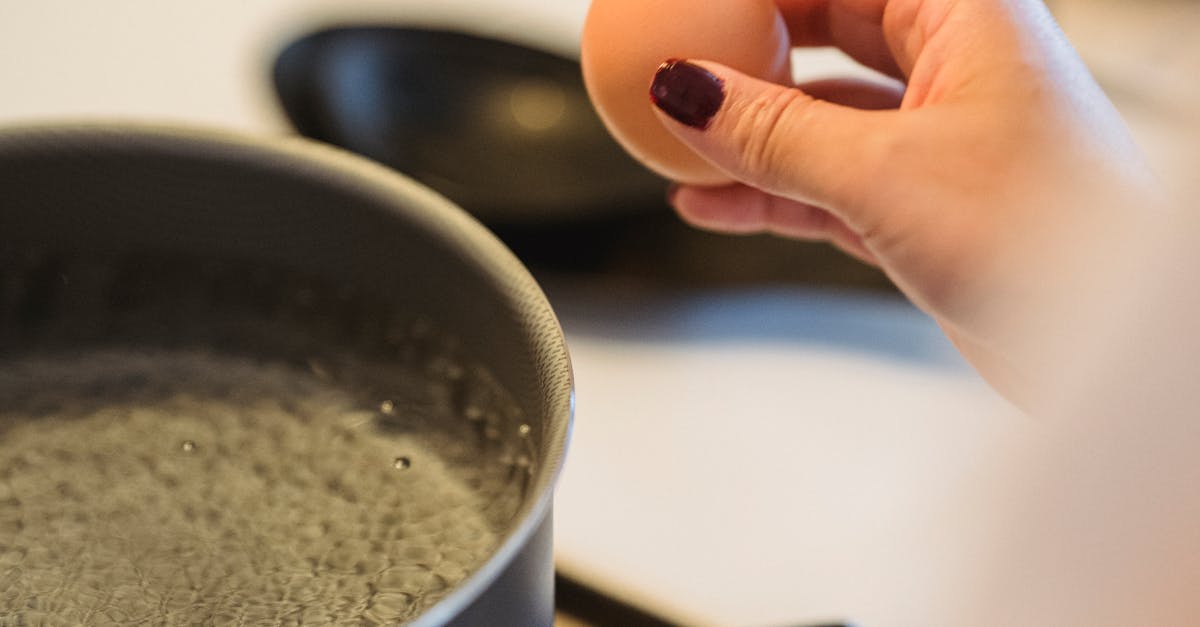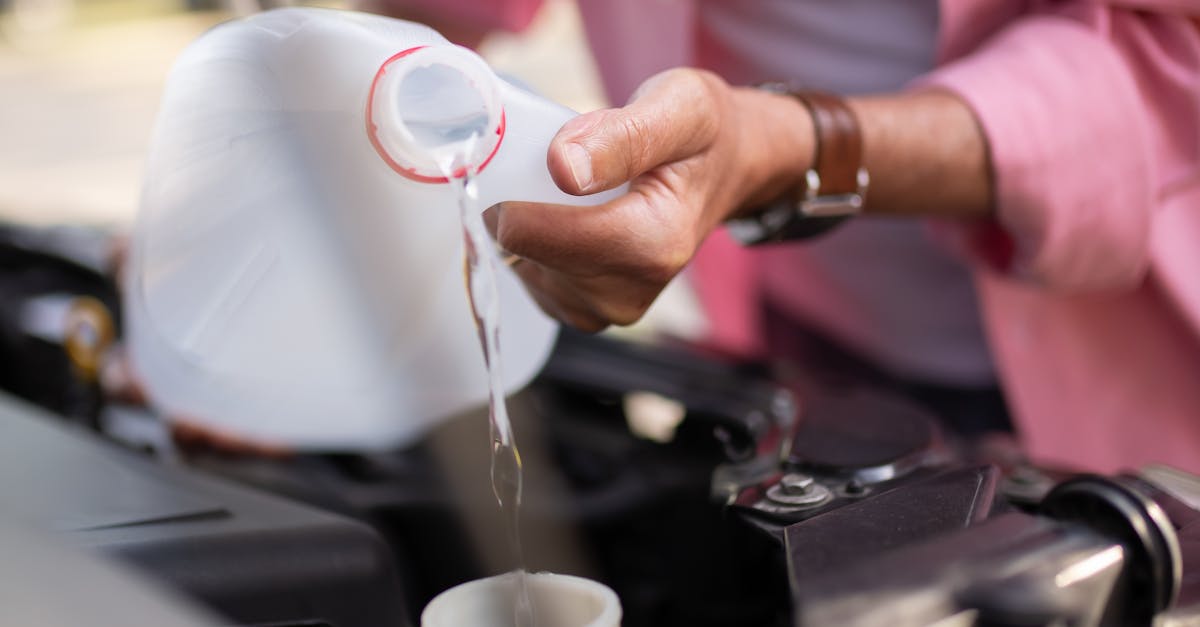
Table Of Contents
Increased Energy Bills
A noticeable increase in energy bills can be a significant indicator of a malfunctioning hot water system. When a system operates inefficiently, it often consumes more energy to maintain the same level of performance. Regular increases in these costs should prompt an investigation, as they suggest the system may be working harder than necessary or not producing hot water efficiently.
In some cases, the extra cost can be attributed to ageing components or sediment buildup in the tank. An early assessment may reveal the need for hot water system repair, potentially addressing underlying issues before they escalate. Identifying and correcting these problems can lead to improved efficiency and reduced energy expenditure in the long run.
Assessing Costs of Operating Inefficient Systems
Inefficient hot water systems can significantly drive up energy bills, making regular assessment essential for homeowners. Increased energy consumption often stems from wear and tear or outdated technology, leading to higher costs for utilities. Identifying the signs of inefficiency early can prevent further financial loss. Regular monitoring of usage patterns and comparing bills over time can highlight any discrepancies that may indicate a problem with the system.
When an inefficient system impacts your finances, it may be time to consider hot water system repair or replacement. Evaluating the costs associated with running an old or faulty unit can provide clarity on whether investing in repairs makes sense or if a new system would yield better long-term savings. Professional assistance can help diagnose issues and recommend the most cost-effective solution for your hot water needs.
Age of the Hot Water System
The age of your hot water system plays a critical role in its efficiency and reliability. Most systems are designed to last between 8 to 12 years, although some may last longer with proper maintenance. As they near the end of their lifespan, they often begin to show signs of wear and tear, leading to reduced performance. It is essential to keep track of when your hot water system was installed. An ageing system may require more frequent interventions, which could indicate a need for hot water system repair.
If your hot water system is approaching or surpassing its expected lifespan, it might be time to evaluate its condition. Look for performance issues, unusual noises, or inconsistent water temperatures. While some repairs can extend the system's life, they may not be cost-effective compared to investing in a new unit. Assessing the age and condition of your system can help you determine whether a hot water system repair is worthwhile or if a replacement is a more prudent choice.
Evaluating Lifespan and Replacement Needs
Assessing the age of your hot water system is crucial in determining whether it requires replacement or repair. Most systems are designed to last around 8 to 12 years. If your unit is in this age range and showing signs of inefficiency, it may be time to consider investing in a new model rather than opting for hot water system repair. Newer units often offer improvements in energy efficiency, which can lead to savings on your energy bills in the long run.
Besides age, the frequency of repairs is another indicator of whether replacement is necessary. If you find yourself calling for hot water system repair repeatedly, this could signal that the overall condition of the system is deteriorating. Investing in a new hot water system can provide greater reliability and peace of mind, along with enhanced features that older models may lack.
Odours Coming from Hot Water
Unpleasant odours emanating from your hot water can indicate underlying issues with your system. A common culprit is a build-up of bacteria in the tank, especially if water has been sitting for extended periods. This can create a sulphuric, rotten egg smell that is both unpleasant and concerning. Identifying the source of the odour is crucial for maintaining a healthy home environment.
If you notice strange smells, it may be time to consider a Hot Water System repair. Routine maintenance or immediate repairs can help address the problem, ensuring your hot water remains safe and pleasant to use. Ignoring these smells can lead to further complications, impacting not only your system's efficiency but also your overall water quality.
Identifying Unpleasant Smells
Unpleasant smells emanating from your hot water system can indicate underlying issues that need immediate attention. A foul odour, reminiscent of rotten eggs, often suggests the presence of bacteria in the water heater. This is particularly common in systems that contain a sacrificial anode. These anodes can deteriorate, leading to an increase in sulphur bacteria, which produces hydrogen sulphide gas, resulting in that distinct odour.
On the other hand, a burning smell may signal electrical problems or overheating components within the unit. This situation poses safety risks and should not be ignored. Prompt investigation is essential, and seeking professional assistance for hot water system repair can help identify the root cause of these smells, ensuring a safe and efficient hot water supply. Recognising and addressing these warning signs early can prevent more significant issues in the future.
FAQS
What are the common signs that indicate my hot water system may be broken?
Common signs include increased energy bills, unusual noises, unpleasant odours, inconsistent water temperature, and visible leaks around the unit.
How can increased energy bills indicate a problem with my hot water system?
If your energy bills have significantly risen without any changes in usage, it may suggest that your hot water system is operating inefficiently, potentially due to age or damage.
How long can I expect a hot water system to last?
The lifespan of a hot water system generally ranges from 8 to 12 years, depending on the type and maintenance. If your system is approaching this age, it may be time to consider a replacement.
What should I do if I smell something unpleasant coming from my hot water?
Unpleasant smells, such as a rotten egg odour, can indicate the presence of bacteria in the tank or a failing anode rod. It's advisable to contact a professional plumber to assess the situation.
Is it worth repairing an old hot water system instead of replacing it?
It often depends on the age and condition of the system. If repair costs are high and the unit is nearing the end of its lifespan, replacement may be the more cost-effective option in the long run.

